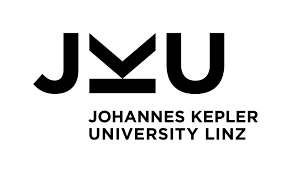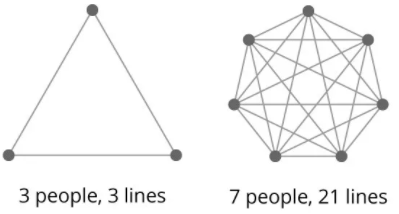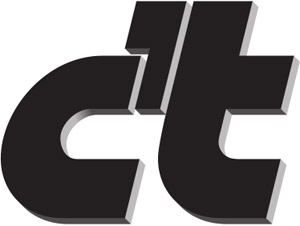COMPREHENSION is key
I work hands-on in web+backend application engineering and architecture. What helps most in daily work is a reliable understanding of complex topics and how they connect.
This lends itself well to coordination and decision-making in teams. Good decisions follow from clear context, shared language, and traceable trade-offs.
Seeing the moving parts early—consequences, constraints, and opportunities for the overall system (e.g., a product or an IT strategy)—is a core strength I bring to projects.
In multi-party projects, disagreements often come from missing clarity. Without precise articulation of expectations and options, “issue wars” consume time and energy that should be spent on delivery.
That’s why roles with strong comprehension skills matter in coordination and leadership. Careful preparation and thoughtful communication reduce friction before it starts and keep implementation focused.
A tale about Innovation & Adaption
Innovation is constant. Stability has its place, yet new initiatives benefit from revisiting tools and approaches instead of repeating yesterday’s choices by default.
Established stacks can be right for running systems. For new work, however, reassessment helps: fresh requirements may be served better by different patterns or technologies.

Regular reviews of the tech stack and delivery practices—at least annually—support better decisions. Awareness of the state of the art is not hype; it is due diligence.
Building new things “the old way” can slow teams and reduce competitiveness over time. Staying informed enables pragmatic choices aligned with the problem at hand.
Not every new idea belongs in production. But without visibility into new ideas, assessing suitability is impossible. Curiosity paired with engineering judgment scales well.
of the gifted student award
During my studies in business informatics, I received a merit-based scholarship twice (maximum possible) alongside top overall grades.

Weighted by ECTS, my average was 1.28 (scale 1–5, 1 best). More important than grades, however, is a habit of understanding things thoroughly and adapting quickly.
That mindset has been more predictive of outcomes than any single exam result. It guides how I learn, decide, and help teams move forward.
No more big surprises
Having worked on small, medium, and large-scale projects over the last decade, I’ve seen what supports progress and where typical risks appear.
Smaller companies may understate the strategic value of IT; larger ones can accumulate process and coordination overhead. Both contexts benefit from clear scope and simple interfaces.
Following every trend in existing systems rarely helps. Choosing the right tools for the job—and keeping them few—tends to increase reliability and throughput.
As organisations grow, communication paths multiply and priorities diversify. Aligning stakeholders around concrete outcomes and interfaces keeps delivery predictable.
On the implementation level, small & focused teams of 3–4 people work well. For bigger initiatives, splitting into independent components lets multiple teams move without blocking each other.

Giving to the community
Although I’m not active on social networks, I enjoy contributing to the community when it’s useful and time allows.
Starting around the Windows XP era, I supported German Windows and general IT forums—later as moderator and co-administrator—focusing on practical help and clear explanations.
During my teens, I briefly ran a small one-click hoster with a German partner. Later at university, I contributed to Android development (custom kernels and ROMs) and received Recognized Contributor / Recognized Developer status at XDA Developers.

More recently, I occasionally speak at events. At the German conference c't <webdev> 2021 on November 30, 2021, I presented approaches for performant visualisation of tens of thousands of records in the browser; see the c’t/Heise coverage: „Jede Millisekunde zählt“.

 |
|